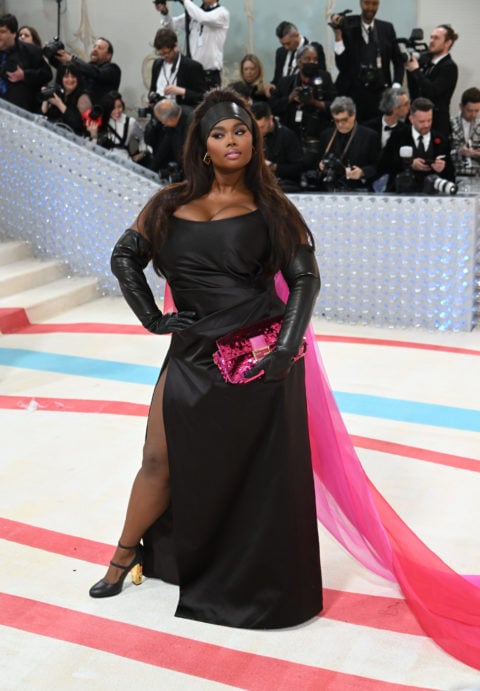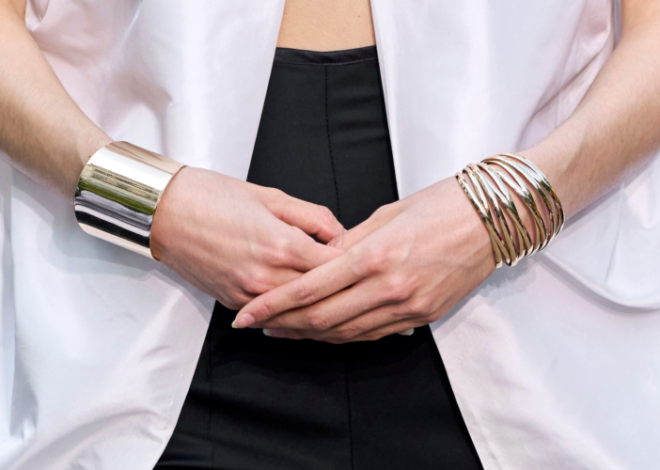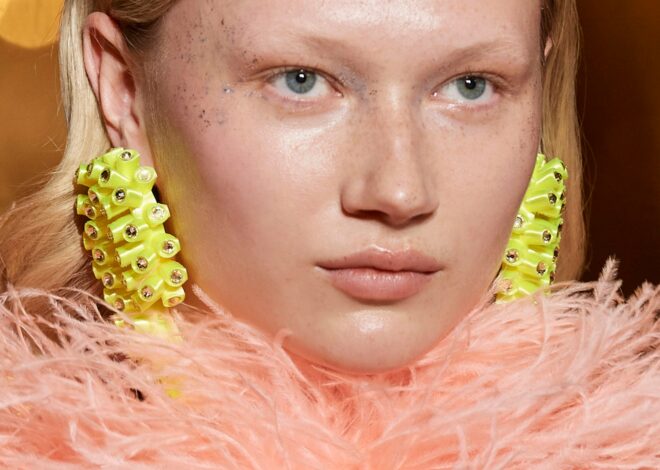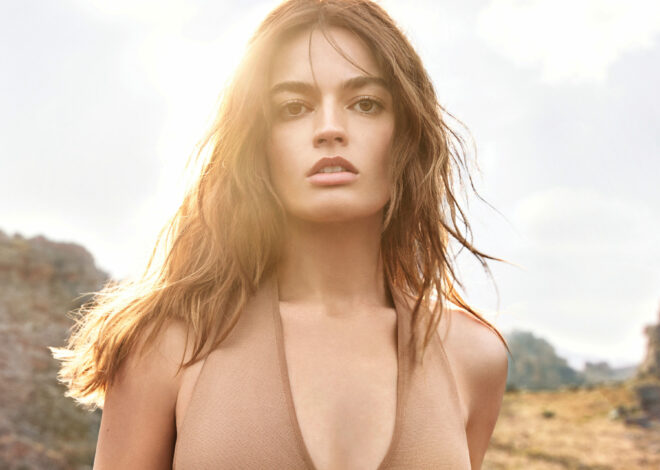The Real Star of the Met Gala? Plus-Size Fashion
- Being Outside Is Good For Your Body and Mind — Here’s Why - December 14, 2023
- The Chicest Bracelets for Women (All Under $100) - December 14, 2023
- Water Is Life — Here Are 11 Simple Ways to Drink More of It - December 14, 2023
Karl Lagerfeld may have been famously fatphobic, but body diversity got the last word.
When it was announced that Karl Lagerfeld was the theme of the 2023 Met Gala, there was some understandable backlash about the late designer’s complicated legacy. Industry voices (including FASHION) pointed to Lagerfeld’s track record of vocalizing misogynistic, discriminatory, and, perhaps most reliably, fatphobic views. This is why, as stars graced the steps of the Metropolitan Museum of Art on Monday, May 1, it became positively poetic that many of the best-dressed guests were those with plus-size bodies.
RELATED: Chanel Brides and Chic Cats Dominate the 2023 Met Gala Red Carpet
Throughout his influential career, Karl Lagerfeld came to represent the gatekeeping nature of the fashion industry. At the helm of Chanel and Fendi, the creative director was quick to defend the pervasive practice of hiring only waif-like models. In 2009, he told the German magazine Focus that “no one wants to see curvy women,” among other offensive quotes documented over the years. His opinion was clear: thinness equates to beauty. And as a titan of his field, Lagerfeld’s blatant fatphobia reverberated in the fashion world.
But as attendees strolled up the carpeted steps in his honour at the 2023 Costume Institute ball, this problematic legacy was not brushed under the expensive cream-coloured rug. In fact, where many outfit tributes were concerned, it stood front and centre.
For starters, celebrities who don’t fit Lagerfeld’s norm for the “ideal” body type emerged as sartorial stars fearlessly taking up space. Actor Alex Newell’s black dress featured a sculptural heart-shaped silhouette and mesh cutouts at the ribs. A round chapeau towered over their head, so as to create a feathered halo effect. Model Precious Lee wore a curve-hugging Fendi black wrap and a bedazzled baguette bag — complete with a trailing hot pink train and voluminously teased hair.

Ashley Graham donned a Harris Reed corset gown with a plunging off-shoulder design, inflated hips, and a dramatic mermaid skirt. Though inspired by a couture gown from Chanel’s Fall 1987 show, the ensemble offers an undeniably dramatized interpretation. With Lagerfeld’s non-inclusive views as context, these statement-making looks held a deeper meaning about plus-size bodies, and how they exist in exclusionary spaces.

As fashion’s most prestigious fête, the Met has long been an emblem of high society; attendance guarded by an elusive worthiness. And when paying homage to Lagerfeld, instead of fading into the background, attendees above the sample size vivaciously stood out.
Perhaps most affecting were the cheeky riffs on quintessential Chanel imagery. Actor Harvey Guillén — who has spoken about the challenges of being Latino, queer, and plus-sized in Hollywood — leaned into femme visuals, donning a baby pink tweed suit and trailing train. Punctuated with strings of pearls and colossal rosettes, it was a reclamation of ’90s Chanel runways, which exclusively featured thin, mostly white models.
Lizzo, who typically serves up avant-garde moments on the red carpet, toned things down in a classic silhouette with a clear-cut message. Wearing a black gown adorned by a caged pearl top, her custom Chanel look emulated model Linda Evangelista on the Fall 1991 runway. Often viewed as the “ultimate Chanel girl,” Evangelista fit the rigid body mould perpetuated by Lagerfeld (and the fashion industry at large in that era). Conversely, Lizzo’s mere presence evoking coveted traditional Chanel is a rebellion in and of itself.
Throughout the evening, there was a throughline of thematic defiance against Lagerfeld’s views. For instance, the designer reportedly spoke out against same-sex couples adopting children. Along with body standard statements, there was a sense of lavish irreverence among some queer stars who walked the carpet. Lil Nas X shocked the world (as he does) in a full face of rhinestones and pearls while swapping clothes for bedazzled body paint. Janelle Monáe entered in a gargantuan Thom Browne hoop overcoat, only to reveal a black sparkly bikini underneath. A theme of all these risk-taking looks? Commanding a room while existing fully and unapologetically.
With thin appearance ideals continually dominating the cultural conversation, experimental body-inclusive fashion is as crucial as ever. Far too often, red carpets and runways see those above a size two in billowy caftans, conservative hemlines and unimaginative silhouettes. But at the 2023 Met Gala, the ensembles worn by larger bodies exuded joy, individuality and pure thoughtfulness.
The irony is obvious. As some have noted, Karl Lagerfeld probably would have hated to see plus-size celebs donning custom designer garb and attending fashion’s most esteemed event in his name. At the end of the day, that is precisely what makes this year’s Met Gala such a soaring success.


